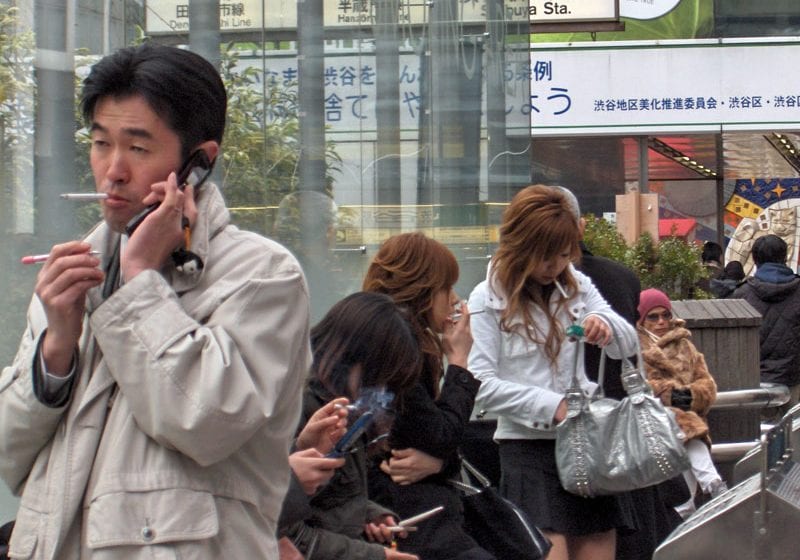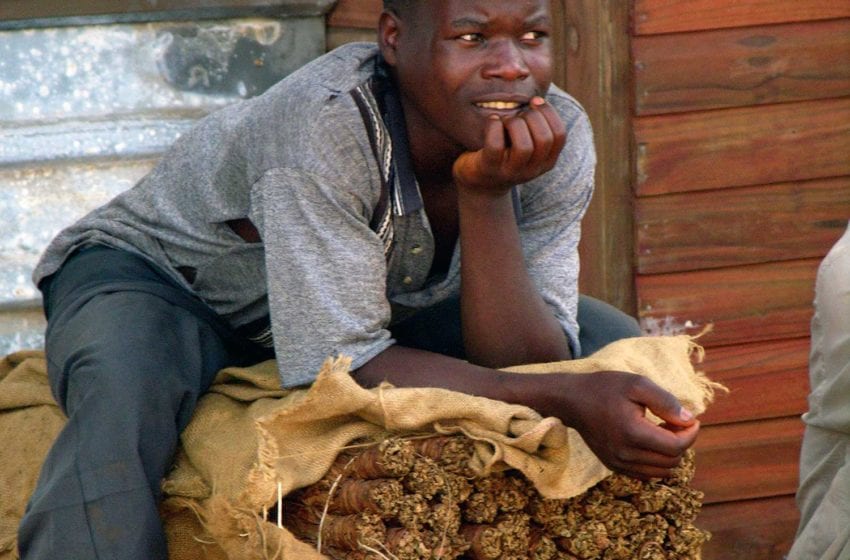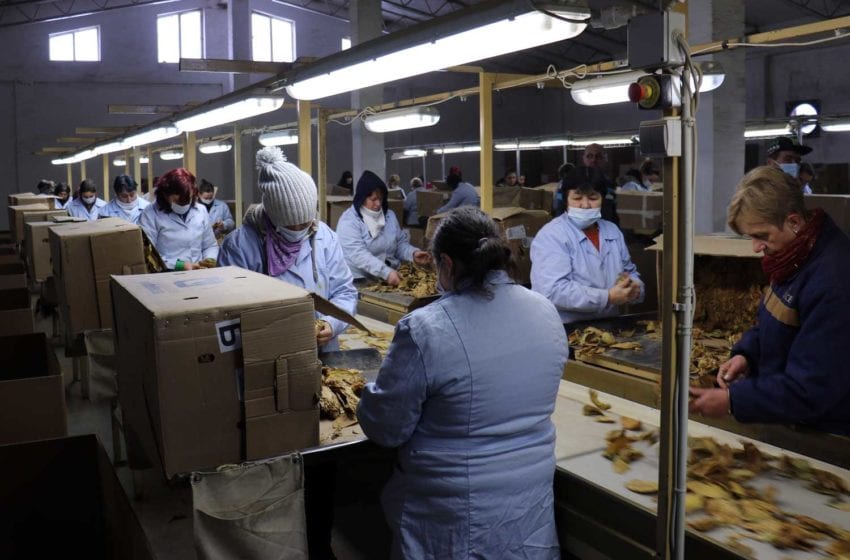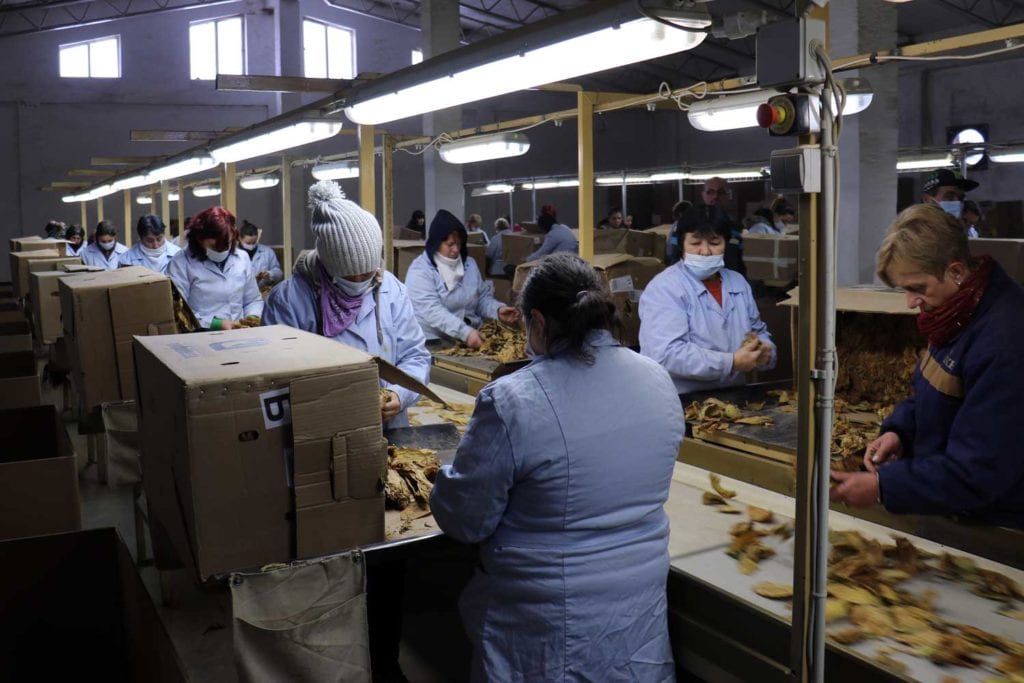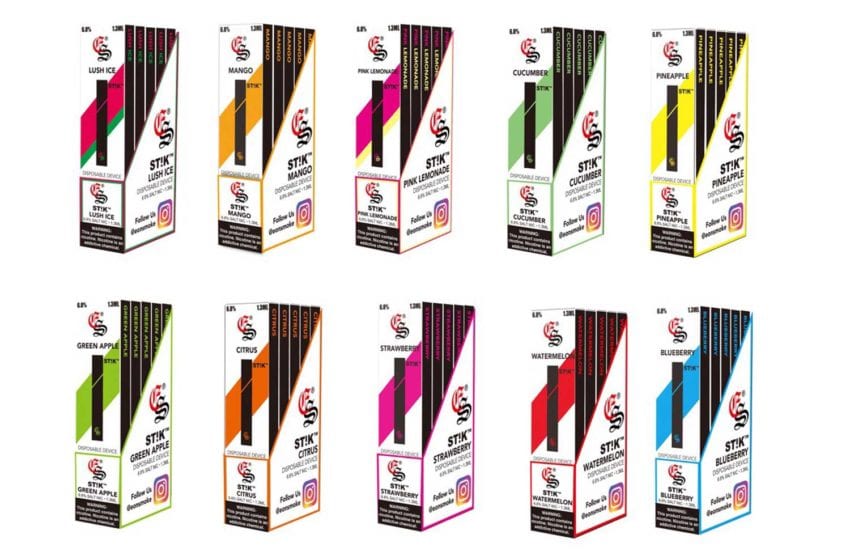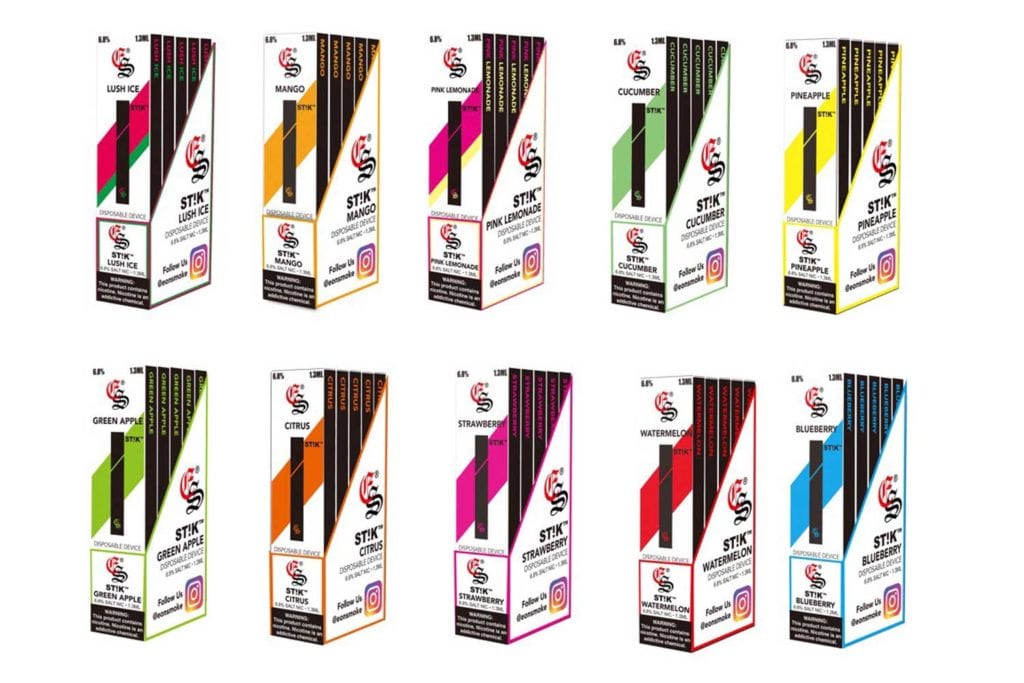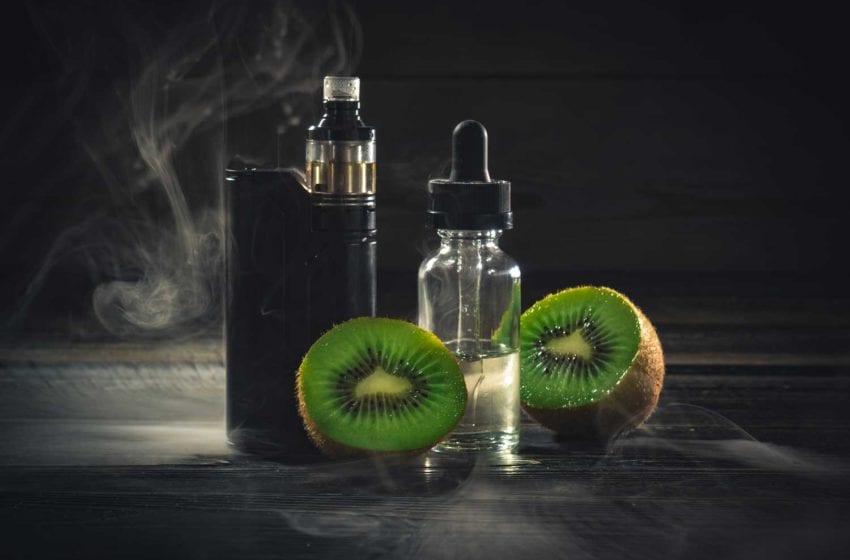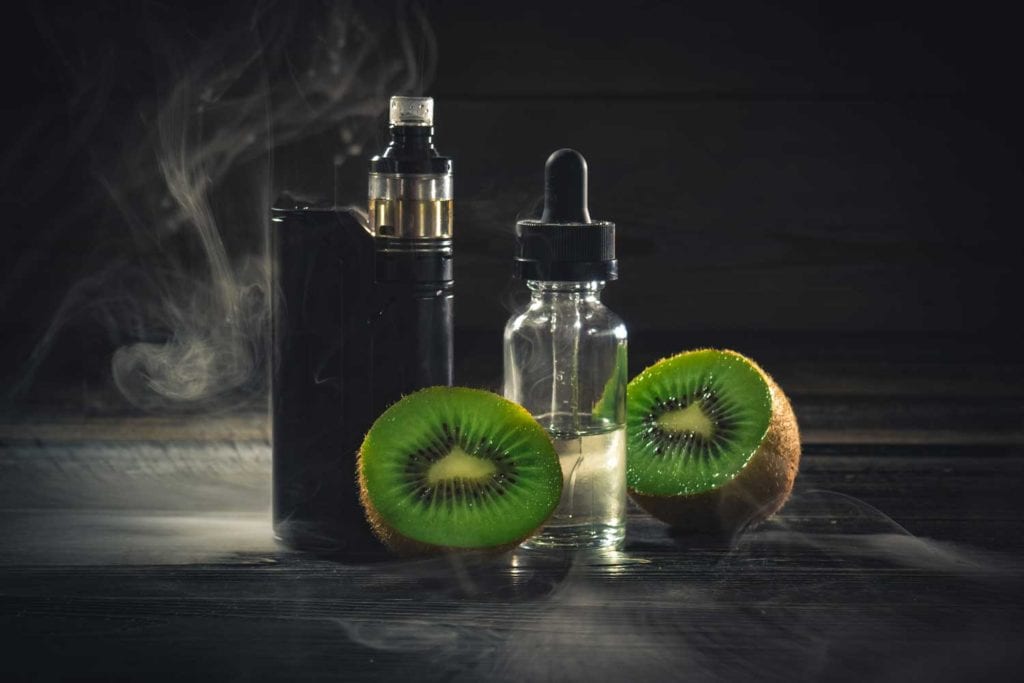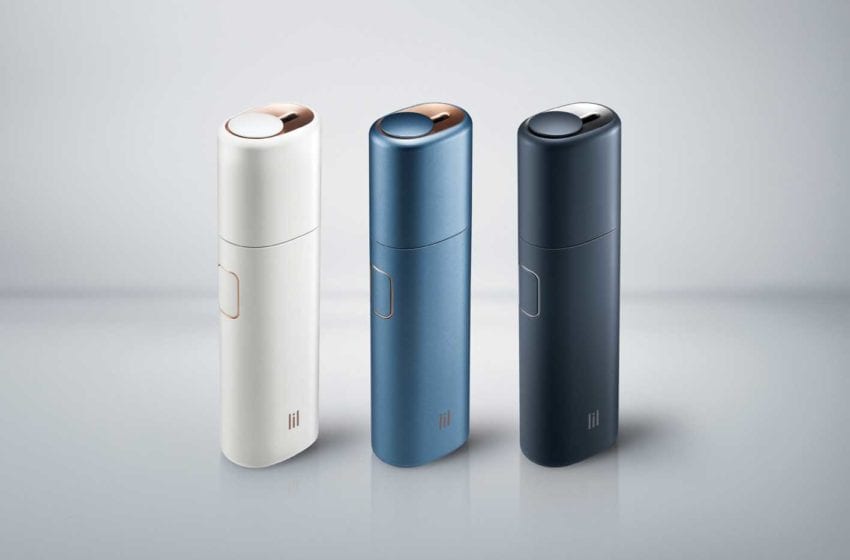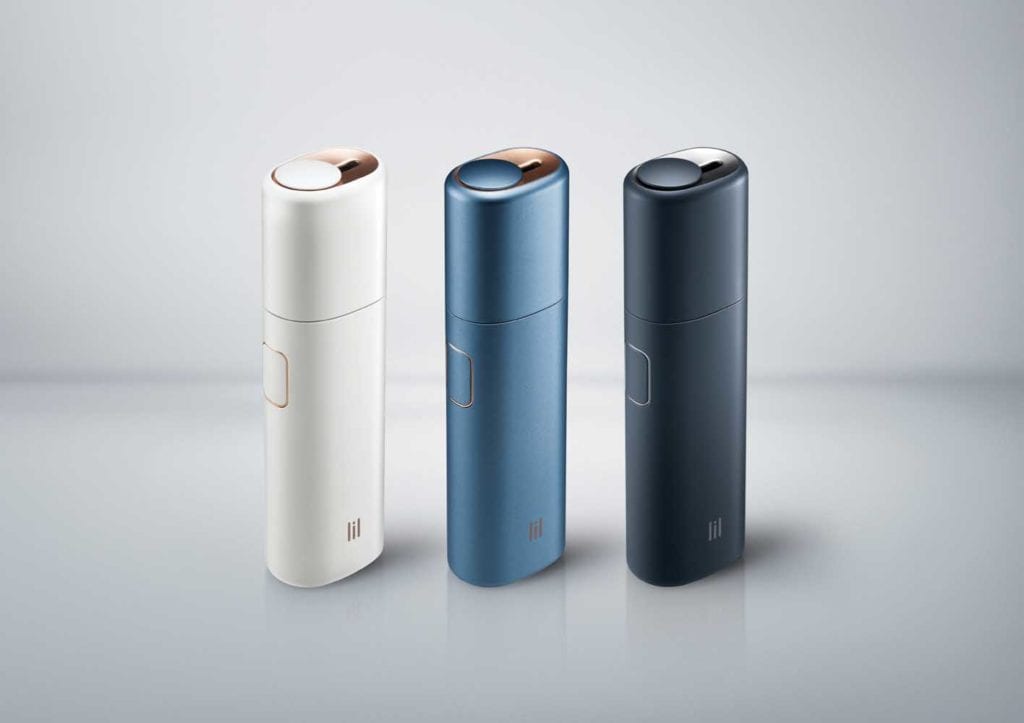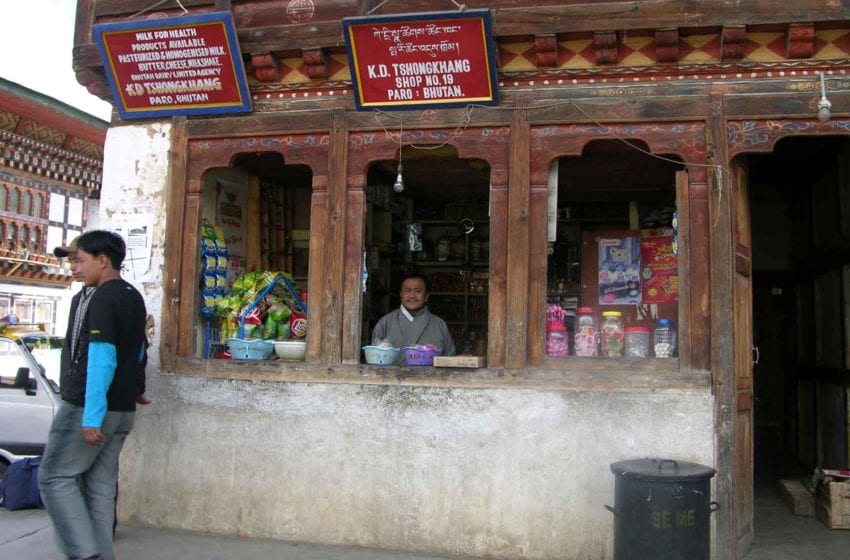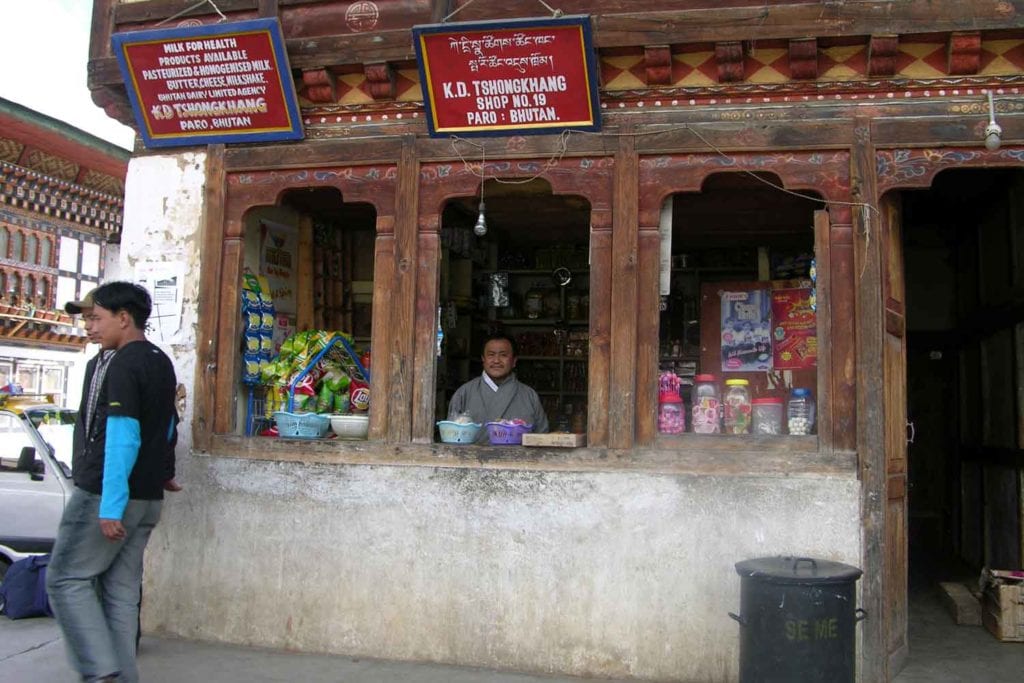KT&G started exporting its Lil tobacco heating devices to Russia last month, according to The Korea Times. Earlier this year, KT&G and Philip Morris International (PMI) signed an agreement under which PMI would commercialize certain KT&G products outside of South Korea.
During the announcement of its second-quarter results, KT&G confirmed that KRW12.5 billion ($10.54 million) worth of e-cigarette devices were exported to Russia in July.
The partnership is calling for KT&G to export its tobacco heating devices and tobacco sticks worldwide through PMI’s global sales network.
The exports to Russia come as heat-not-burn (HNB) appears to be losing steam in South Korea, with category penetration decreasing for the second consecutive quarter. The rate stood at 13 percent at the end of last year but declined to 12.6 percent in the first quarter and 12.4 percent in the second quarter.
The company, however, said this does not mean a deadlock in HNB products’ growth, citing the expansion in overseas markets.
“From a future business standpoint, the overall heat-not-burn tobacco market is expected to grow,” a company spokesperson was quoted as saying. “When the new products are introduced, the market is bound to grow. While there would be some minor impact from governments’ policies and market events, there is no doubt about the growth trajectory.”
KT&G said conventional tobacco sales this year will likely exceed its annual goal set earlier as demand remains strong. In exports, the firm has already secured shipping volume destined for Middle Eastern markets in the second half of the year, while other overseas markets are showing signs of recovery from the impact of Covid-19.
KT&G reported KRW1.32 trillion in consolidated sales during the latest quarter, up 4.8 percent from a year earlier. But the operating profit contracted by 1.1 percent year-on-year to KRW394.7 billion, due to the decline in duty free sales.
Overseas tobacco sales increased by 14.1 percent to KRW286.4 billion, as its main export markets in the Middle East show solid recovery. The company expected growth will continue as its sales are increasing in Latin South America and Africa.
KT&G’s international ambitions were examined in-depth in Tobacco Reporter’s June 2020 issue.


